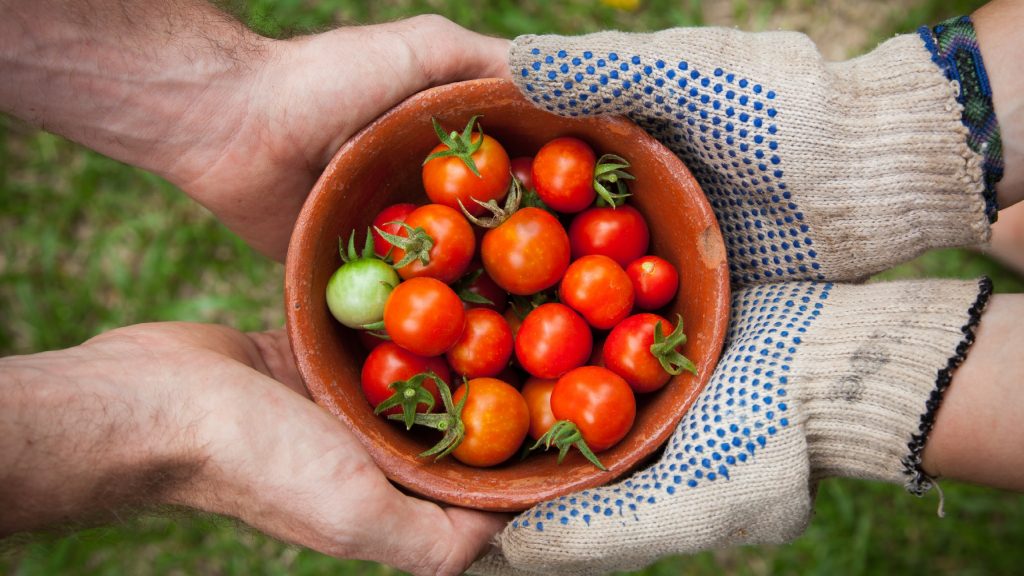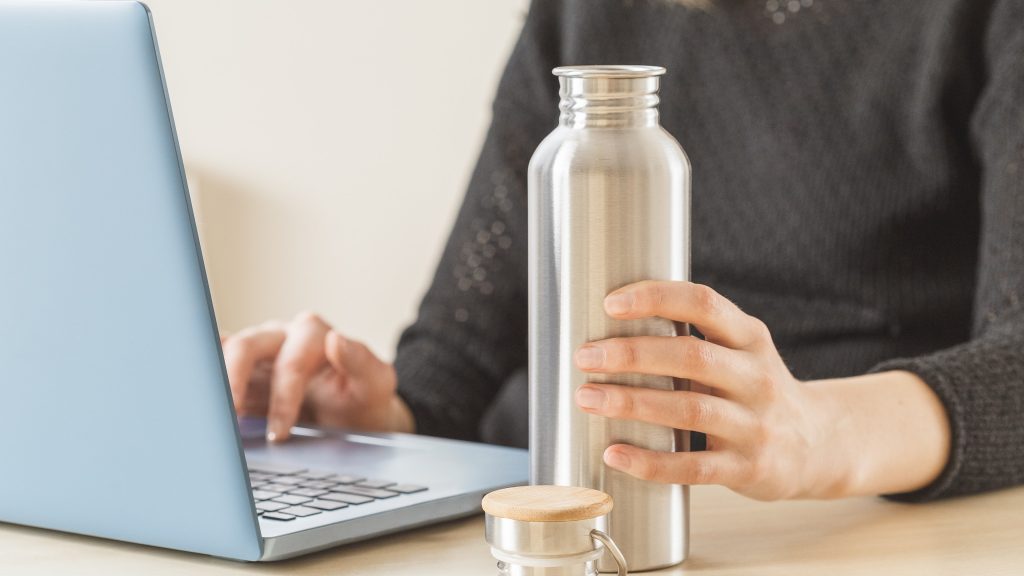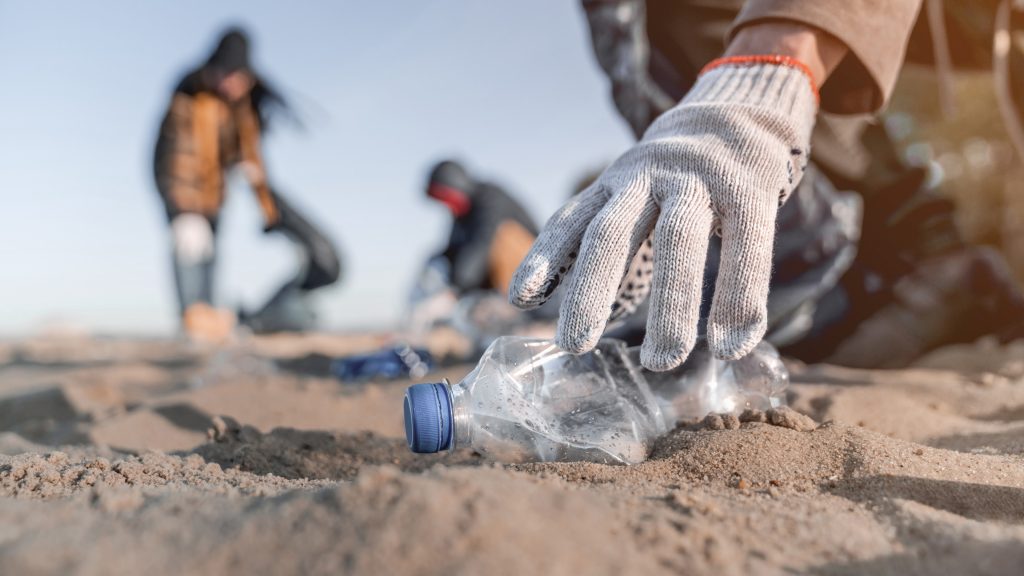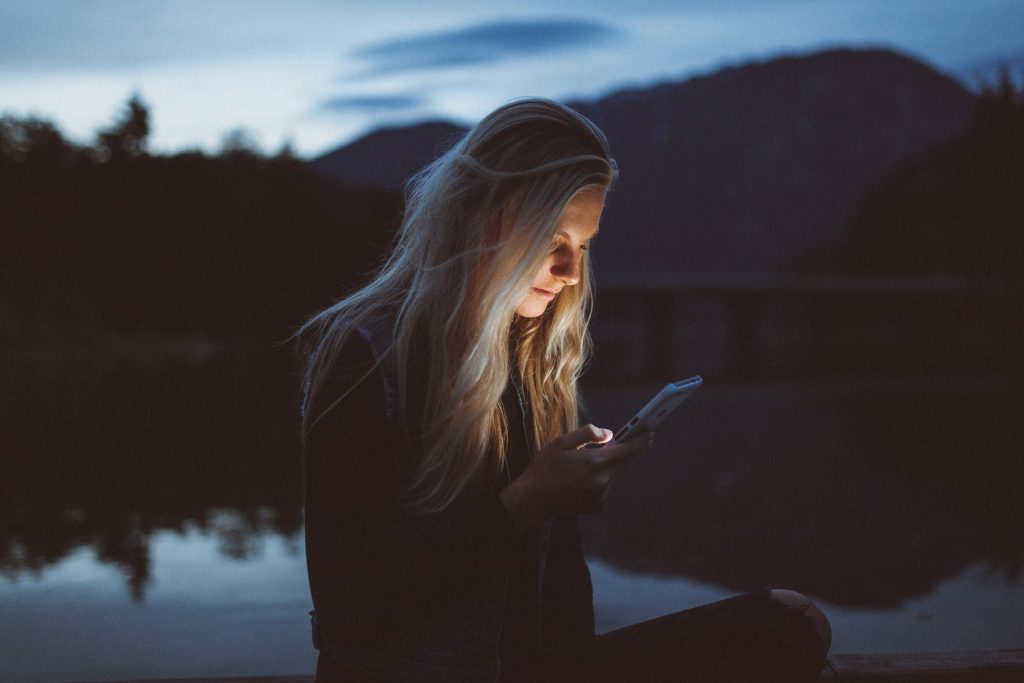
Αποτοξίνωση.
According to the dictionary the definition of the word detoxification is:
1. The removal or elimination of accumulated toxins from an organism and in particular the special treatment that a person undergoes to overcome physical and psychological dependence on alcohol or drugs.
2. Moving away from an environment or abandoning habits that have negative effects on our psychological mood.
Usually, the word conjures up images of exaggeration, of someone needing help. Images of alcohol and drug addiction and maybe food addiction, too. More recently, however, a brand new addiction has been added to the list of excesses that threatens to take over our lives and may require detoxification if we don't stay vigilant: our screens.
- We wake up with them.
- We eat along with them.
- We are getting ready to work with them.
- We work with them.
- And then we fall asleep with their blue glow.
While the advent of digital technology devices has certainly made our lives easier in many ways, these beeps, dings, and alerts have invaded our subconscious in a way that no other technology has (certainly over the years we haven't sat over our landlines waiting for something to happen). We depend on our smartphones and computers for almost everything – we work, keep in touch with friends and family, and track almost every aspect of our lives, from our calorie count to our sleep patterns. In a way, our devices have become an extension of ourselves, so much so that when we accidentally forget them somewhere or even leave them on purpose, to get a little distance, it feels like a part of us is missing.
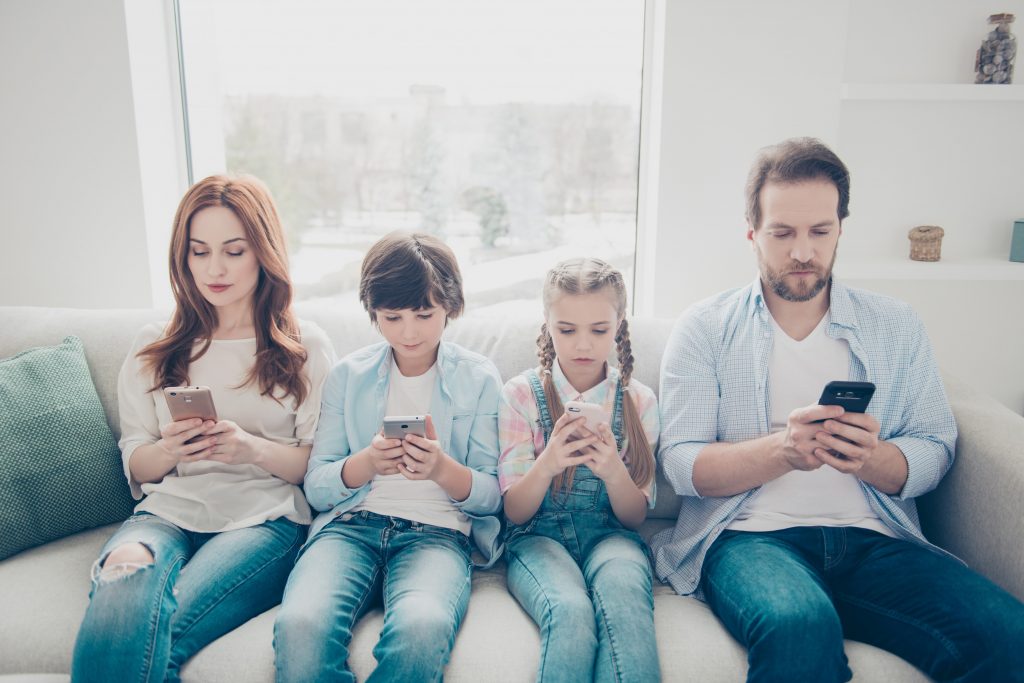
Not exactly a healthy relationship
Fortunately, the issue of technology addiction has come to the attention of quite a few people, with some going so far as to trade in their smartphones for the not-so-smart flip phones of older technology. For those who can remember the days before cell phones and the internet, ditching technology can be tempting – just imagine all those hours we would gain! But of course, these drastic measures aren't exactly feasible for all of us, especially if you depend on technology to do your job. Fortunately, you don't have to throw away your iPhone, but you do have to make some small adjustments to how you use it.
Keep some distance
Do you find it hard to go more than 10 minutes without picking up your phone to check social media, or have you caught yourself turning on your phone for no particular reason, only to be distracted by something else? If you see yourself in all of these, or if you feel that excessive use of your smartphone is even physically harming you, such as pain in your neck, back or hand, it may be time for a digital detox. What is a digital detox? Although not as drastic as the definition mentioned above, it is a way to cut your dependence on digital devices. Example don't use your phone for everything. Is it an alarm clock, timer, wallet, camera and more? While this can be very convenient, you are creating a dependency that could be considered unhealthy. Often what starts as a quick weather check turns into a meaningless 10 to 20 minute tour.

Here are some helpful tips in order to reduce your screen time
WATCH YOUR STATS
You probably spend more time on your phone than you think. Most modern cell phones record minutes or hours of use each day. If we take a look at these numbers, the only thing that is certain is that we will be surprised. We are usually shocked by the amount of time we spend in front of the screen. It can be hard to face your habits, but getting a more in-depth idea of how often you look at your phone could give you the motivation you need to cut back.
ACT NOW
Just like smoking and other addictive habits, digital detox may require drastic measures. Leaving your phone in another room could help, but it might not be enough (you know it's there, you just have to go get it).Instead, turn off your phone for a few hours during the day – for example, at lunch or in the hours before bed. Once you're used to these healthy boundaries, try taking it a step further and scheduling a technology-free day or two—or even an entire weekend—each month. Instead of focusing on your phone these days, focus on connecting with the world around you and on hobbies that make you feel good.
ONE THING AT A TIME
Remember back in the day when watching a movie was just watching a movie? Now the distraction from the phone makes us, after we finally find a movie we're interested in and hit play, then spend the entire hour and forty minutes with one eye on the phone and the other on the TV, scrolling through IG or mindlessly surfing the web. Or I don't know if it has happened to you, to be in the armchair with a good book and with the other hand checking your emails.
The constant temptation of the internet and social media is there all the time, always offering a reason to stop what you're doing. Try focusing on doing one thing at a time by putting the phone away and you'll start to enjoy those activities and hobbies even more. This is especially important when you're having a meal with someone you love or spending time with your family – make a pact with yourself to put real life first.
TURN OFF NOTIFICATIONS
Is your phone constantly distracting you with various noises, beeps and dings? Do you feel your heart skip a beat every time he does it? It's kind of irritating but at the same time it also offers a pleasure, that something new has happened and you have to check it out. Silencing your notifications or at least setting them to vibrate is something that can help you step away from your device and bring some much-needed calm into your day.
This also provides the perfect opportunity to practice not replying to your messages immediately. Not answering every little thing directly can give you room to make your answers thoughtful and more thoughtful.
Have you tried a digital detox? Share your opinion and advice with us, and tag us with @snoozemattress.gr or #SnoozeMattress




